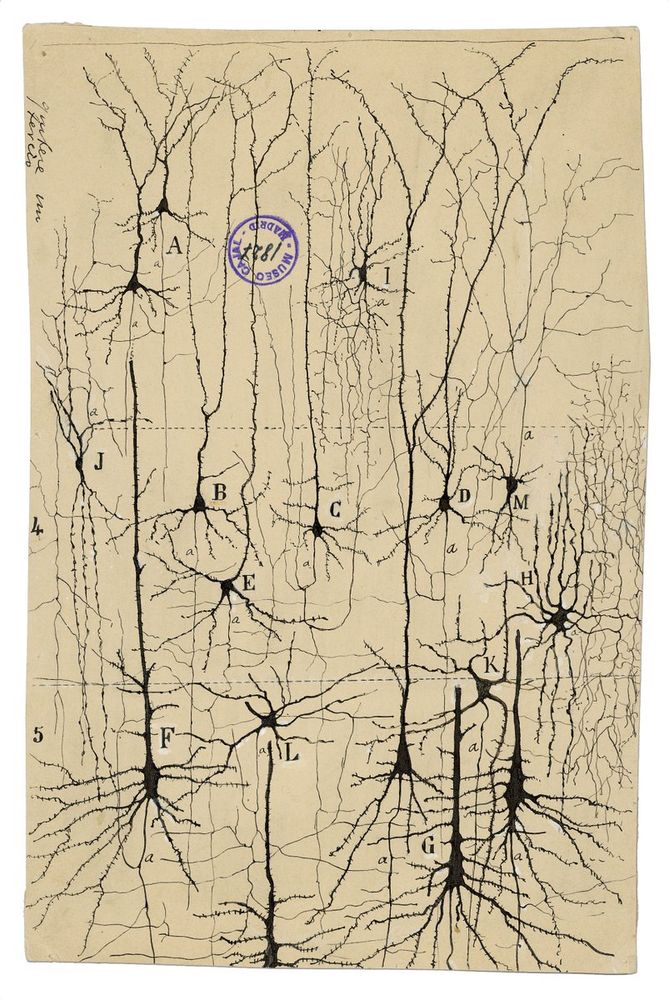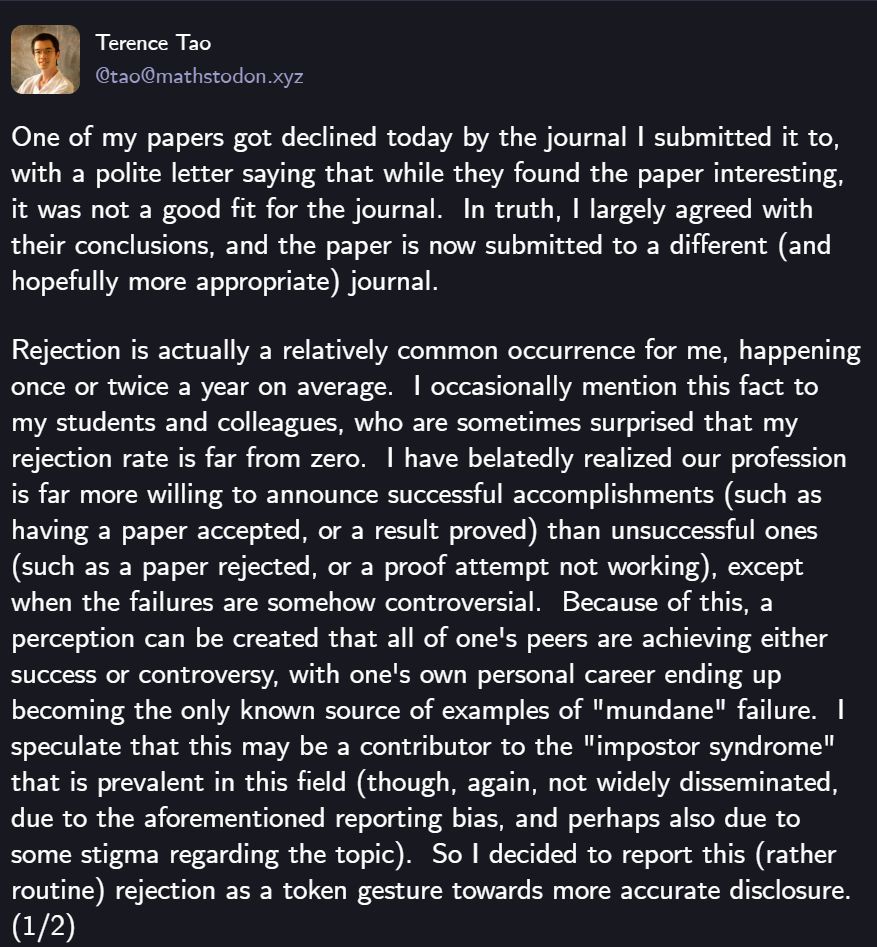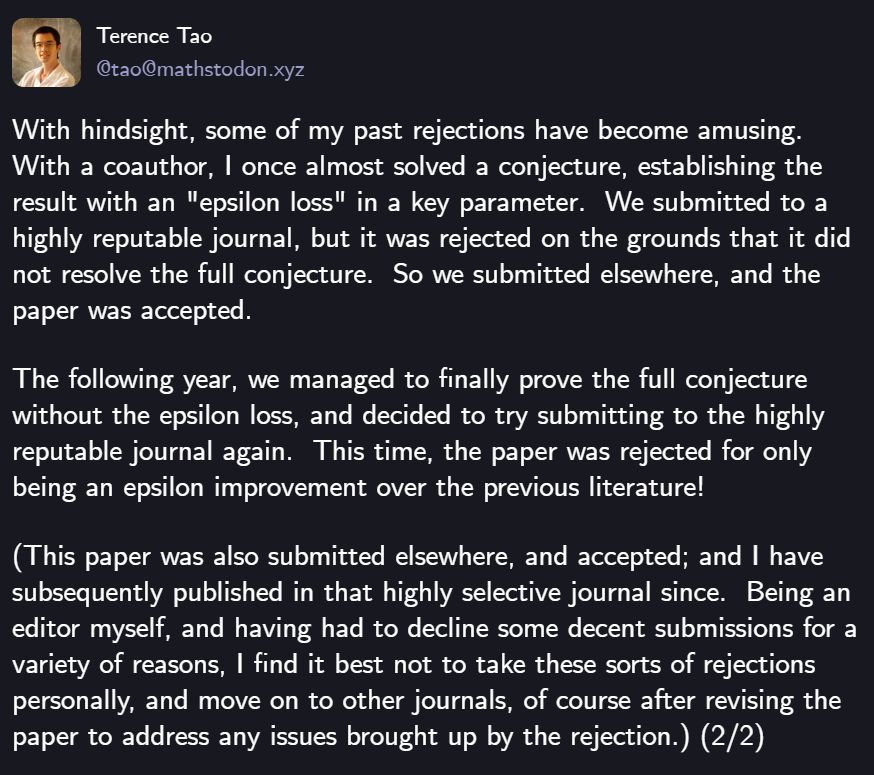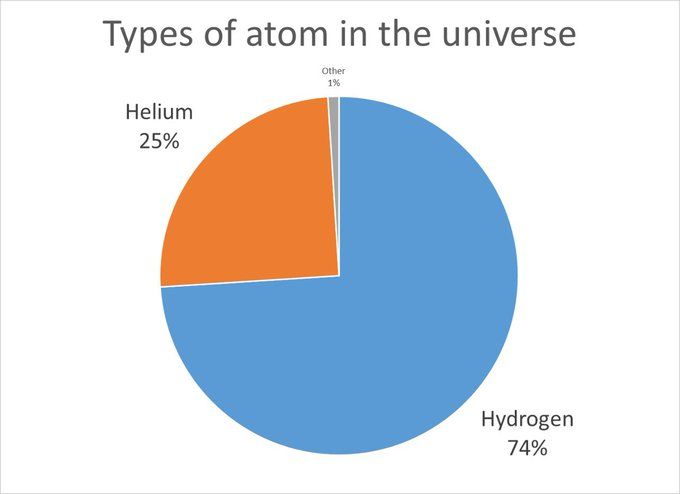
Two-dimensional quantum platforms have simulated a process in particle physics called string breaking that generates matter–antimatter pairs
https://go.nature.com/4449MZ9
@danielgc25.bsky.social
Diagonalizo matrices | Ramon y Cajal fellow @ IFT (UAM-CSIC) | Previously @ Harvard, IQOQI, ICFO & MPQ

Two-dimensional quantum platforms have simulated a process in particle physics called string breaking that generates matter–antimatter pairs
https://go.nature.com/4449MZ9

Two quantum-simulation experiments make a step towards understanding the forces between elementary particles
https://go.nature.com/3HrgpvP

A blue and a red sphere spinning out of the dark
An international team led by Peter Zoller together with #QuEra Computing has directly observed “string breaking” in a two-dimensional analog #quantum #simulator 🧲⚡️⚛
Read more: iqoqi.at/.../1006-str....
👉 www.nature.com/articles/s41... @nature.com
📸: Harald Ritsch @fwf-at.bsky.social #physics
Still one week to apply!
23.04.2025 10:30 — 👍 1 🔁 2 💬 0 📌 0PhD position in Quantum Algorithms for High-Energy Physics at the Institute for Theoretical Physics in Madrid
www.quantiki.org/position/phd...

Job offer sign
PhD position. PhD position in Quantum Algorithms for High-Energy Physics at Institute for Theoretical Physics (UAM-CSIC) https://www.cuantica2025.es/job-market
28.03.2025 06:59 — 👍 3 🔁 2 💬 0 📌 1I am very happy to announce that I will soon join @iftuamcsic.bsky.social as a Ramon y Cajal Fellow ‼️
I am also offering a PhD position on "Quantum Algorithms for High-Energy Physics" ⚛️ Deadline is April 30 and the details can be found here: www.gonzalez-cuadra.com/open-positions
Please share!

Why were the first drawings of neurons defaced?
🧵1/9

We are excited to announce the workshop "Entangle This VI" that we are organizing on quantum science and technology in Madrid, 15th-19th September 2025. Registration and abstract submission is currently open! indico.ift.uam-csic.es/event/27/
21.02.2025 10:48 — 👍 15 🔁 3 💬 0 📌 2
The cover of the book Parable of the Sower.
Cannot stop thinking about how Octavia Butler wrote a book in 1993 about climate change. It opens with deadly fires in LA in 2025. In the story, a fascist President has just won office with the campaign slogan "Make America Great Again."
She was a modern day Nostradamus. If only we'd listened.


Amusing story by @teorth.bsky.social on Mastodon about paper rejections
mathstodon.xyz/@tao/1137212...

Constructing a fermionic quantum processor can bypass certain challenges associated with qubit mapping. However, the implementation of error correction for such processors is still uncertain. A recent article has explored this issue.
arxiv.org/abs/2412.16081

The Lukin theory (sub)group wishes you a happy winter holidays! 🎄⚛️☃️
20.12.2024 08:55 — 👍 4 🔁 0 💬 0 📌 0Measuring stabilizers in a quantum error correcting code
04.12.2024 21:31 — 👍 53 🔁 13 💬 0 📌 0
Pie chart: 74% hydrogen 25% helium 1% other (in tiny font)
Atoms are binary. They are either intended to be hydrogen or helium. We can't just scrap this worldview just because of a handful of exceptions
28.11.2024 13:02 — 👍 9054 🔁 2526 💬 119 📌 133Yes, please!
01.12.2024 13:57 — 👍 1 🔁 0 💬 1 📌 0
I thought by now I would be over these kinds of things, but I just saw mejillones en escabeche in a korean supermarket in Cambridge, Massachusetts, and 🥹🥹
*** cries in galician ***
Pretty cool results! It's great to see how quantum info tools (tensor networks in this case) are shedding new light into high-energy physics phenomena.
Hopefully soon 😬 quantum simulators will be able to target more complicated field theories and higher dimensions 🤞🏼
I want to finish by thanking my amazing collaborators. This was a long and challenging project, and it could not have succeed without their help and support 🫶
21.11.2024 03:51 — 👍 0 🔁 0 💬 0 📌 0
Personally, this was a very special project, since I started thinking how to simulate similar gauge theories during my master thesis.
During the last decade, Rydberg simulators have developed tremendously, allowing us to bring these theoretical ideas to an experimental reality.
In summary, our experiments confirm string breaking in (2+1)D both in equilibrium and non-equilibrium.
These results nicely complement the very recent observations of similar phenomena with superconducting qubits and trapped ions:
arxiv.org/abs/2409.17142
arxiv.org/abs/2410.13815

Finally, we quench these string states and investigate the dynamics of string breaking.
We observe a high-order process where the initial string maximally breaks when it has the same energy as the broken string. We characterize this resonance through many-body spectroscopy.

Moreover, strings in (2+1)D can fluctuate between different shapes, and we indeed observe all of them in the states we prepare.
21.11.2024 03:51 — 👍 0 🔁 0 💬 1 📌 0
We map out the phase diagram of the gauge theory by preparing the ground state adiabatically.
We observe how, as we increase the Rydberg interactions (and thus the confining potential), the probability of the broken string dominates, signalling string breaking in equilibrium.

In the experiment, we can prepare and measure states corresponding to both unbroken and broken string configurations 👇
21.11.2024 03:51 — 👍 0 🔁 0 💬 1 📌 0
Here we encode a U(1) gauge theory in a Rydberg atom array, where atom configurations naturally map to particles and strings since:
1) The local (gauge) symmetry emerges from the Rydberg blockade.
2) Long-range Rydberg interactions give rise to a confining potential.

These new particles can be detected in particle accelerators, but string breaking was never observed directly. Moreover, simulating the dynamics of this process is very challenging.
Both problems can be overcome using quantum simulators with spatio-temporal resolution.

String breaking occurs in gauge theories such as quantum chromodynamics, where quarks are confined into composite objects (e.g. protons), connected by strings of gauge field.
When quarks are separated, the energy increases until new particles are created, breaking the string.

Now that the #quantum community is getting back together, I wanted to share here our last project 📃
This was a very nice theory-experiment collaboration, where we used Quera's Rydberg quantum simulator ⚛️ 💻 to observe string breaking 💥 on a (2+1)D lattice gauge theory!
arxiv.org/abs/2410.16558
I want to finish by thanking my amazing collaborators. This was a long and challenging project, and it could not have succeed without their help and support 🫶
21.11.2024 03:42 — 👍 0 🔁 0 💬 0 📌 0